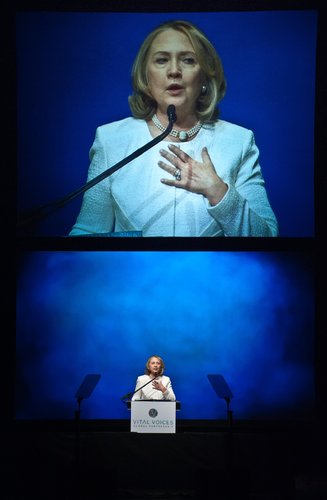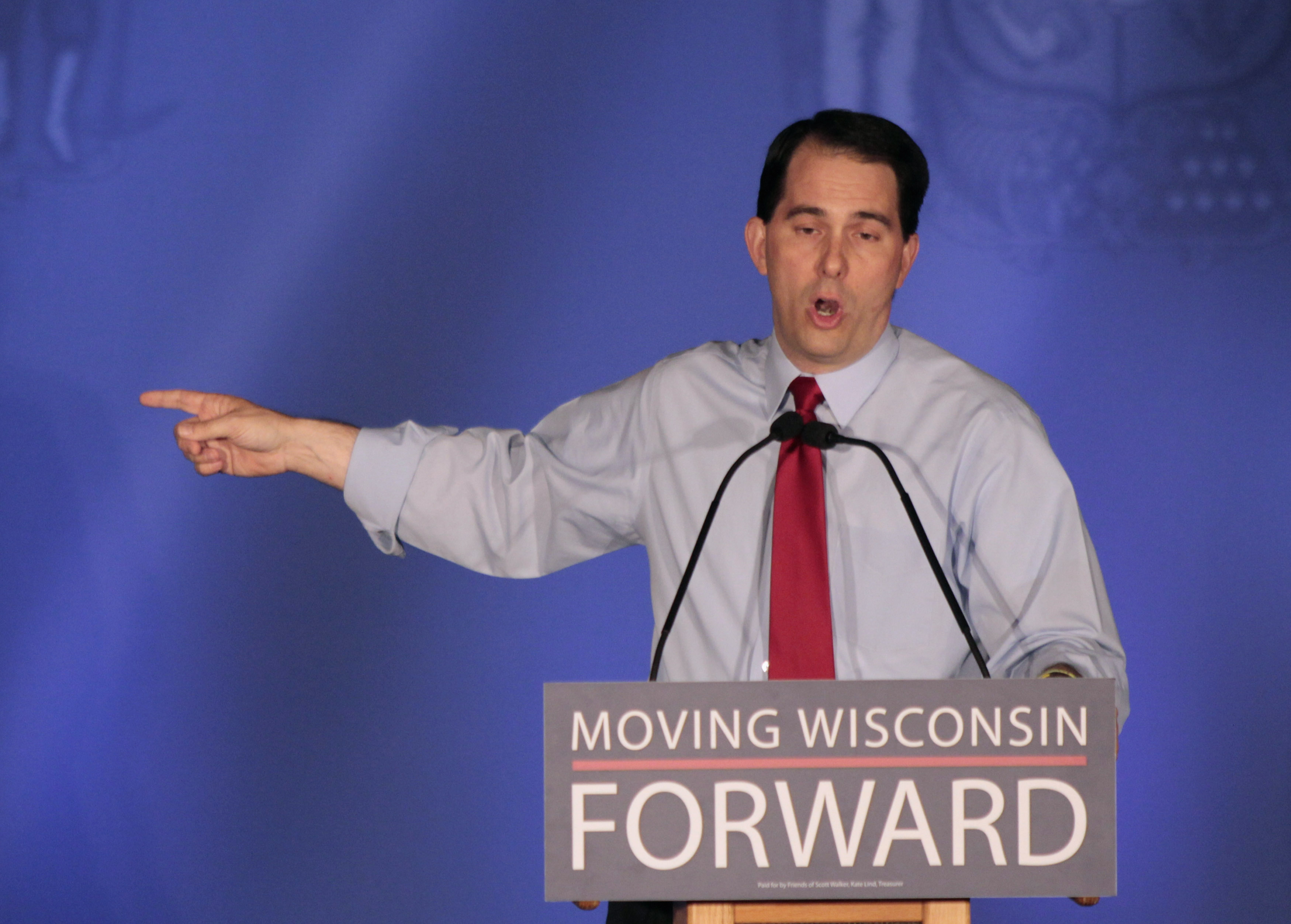The post from back then, reposted in full. The dominant impression: wide-ranging knowledge, reflecting a huge memory.
THURSDAY, MARCH 23, 2006 AT 5:35PM
Last night was pretty good. Sat at the head table with the hosting general of the Joint Flag Officer Warfighting Course and Newt Gingrich, who seemed to know a lot about me (saying things like, "this is a book I know you'd find interesting" and stuff like that, and asking a lot of questions that revealed some knowledge).
Gingrich is a pretty easy guy to talk with. Inquisitive as hell, he asks question after question and then he spits out theories every so often at high speed, often linking them to American history. His favorite point of comparison to today was the tougher years of the Civil War.
I countered more with the settling of the West, and we went back and forth some on the subject, which was fun.
Also, covered Iraq, where the consensus of the table (us and five or so 3-stars) was that we toppled the regime but that we should have kept the government (mostly because we were prepared to topple a regime but not to replace a government). Gingrich really liked that enunciation, and wrote it down on his Delta flight coupon sleeve, upon which he took notes throughout the night (not a napkin note-taker, he).
Gingrich asked me about Indiana (why I was there), said he loved the zoo there (I told him we had just visited and were members; he countered that he was a zoo freak who visited them every town he traveled to), and compared his Wisconsin experiences to mine (his wife is from a town not that far from my hometown).
Chatting through a dinner with him is pretty much what you'd expect, having seen him on TV so many times: accessible, very fast, likes to hear himself talk but listens very intently as well (asking you to repeat stuff he likes, or typically following up everything you say with a question). Serious Republican, no doubt, and he wears his credentials openly on every point, but not hard to converse with or conduct a reasonable argument. It's not hard to see why the military likes to have him around so much. He's a fascinating guy, and who doesn't like all the Civil War references?!
When I got up to talk, I was a bit nervous, or rather, a bit too tired, as I often am when I talk late after talking early (I am not the young man I once was), so I stumbled a bit on the first couple of slides, in part because the mike started feeding back and in part because my clicker did not work whatsoever, which was baffling, because we tested it all out earlier in the afternoon.
I had one of the hosting personnel swap out the batteries and it did little good: instead of clicking the keypad, I could use it but basically only if I held it almost over the laptop. Very weird. Worked fine back in my room. Really wonder about the RF quality of that room, which is a none-too-rare experience for me in venues.
Anyway, once I got warmed up, it flowed. But I was surprisingly more stark and forceful than usual, which I didn't credit to Gingrich being there so much as my sense from the room: about three dozen 3-stars from all services. Basically tough faces to work: thinking hard, agreeing or disagreeing hard, and working it all out very seriously in their skulls.
You can just sense that with certain rooms: this is not entertainment to them but something far more serious. So you just go with the feeling, and the delivery adjusts.
Still, I was a bit surprised. Just didn't expect such a strong flow.
Went about 60 (norm is 30) and then did about 30 Q&A, which was exceptionally good, and tougher than usual. Seems like everyone had either read or was reading PNM.
Signed about 25 copies of BFA afterwards, and Gingrich came up and said how much he liked the talk. What was especially cool during the signings was hearing what I heard several times during the earlier one that afternoon: senior officers saying this was one of the rare times in their lives when they ever bothered to get an author to sign their copies, which is kind of a weird compliment but one I get in its meaning--namely, people saying they don't usually get touched by a book but that this one did it for them. You get that sort of feedback from a 3-star and you feel pretty good about your decision to put it into print.
Then the real treat for me: a long chat over beers with Greg Jaffe of the Wall Street Journal. He showed up at the reception because he heard I was talking (Gingrich flew in as well for the talk). Both he and Newt would have come anyway that night or early the next morning for their own stints with the JFOWC, but it was a real honor to have them both attend the dinner because of me.
I hadn't spoken F2F with Greg for a while, so a great discussion on what good reporting is over the reception before dinner, and then just a nice long private conversation (no flags) on the porch outside our rooms after the dinner and talk, a conversation that ran until midnight.
That meant I got little sleep before my flights home to close on the house this afternoon, but it was worth it. I respect Greg so much, and like him personnaly as well, that it was really great to have that time together, jawing our way through a host of defense and mil topics. Greg's been on the Pentagon beat for so long, and he's so on top of his game. Still, I'll be interested to see what the paper has in store for him next. He's simply too good a reporter just to keep doing the same thing forever. Frankly, I don't think he can get much better at what he covers now than he already is, and that's a recipe for stagnation if you're not careful.
Weird fact about Greg: his first newspaper job was in Montgomery, which is why he's easily talked into this course.
 Thursday, April 11, 2013 at 10:54AM
Thursday, April 11, 2013 at 10:54AM 






























